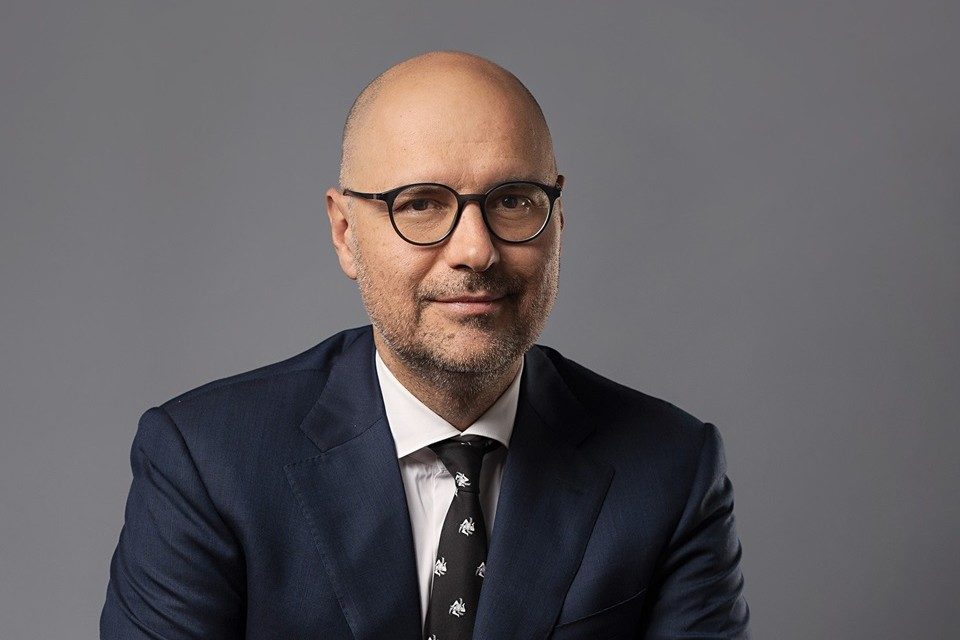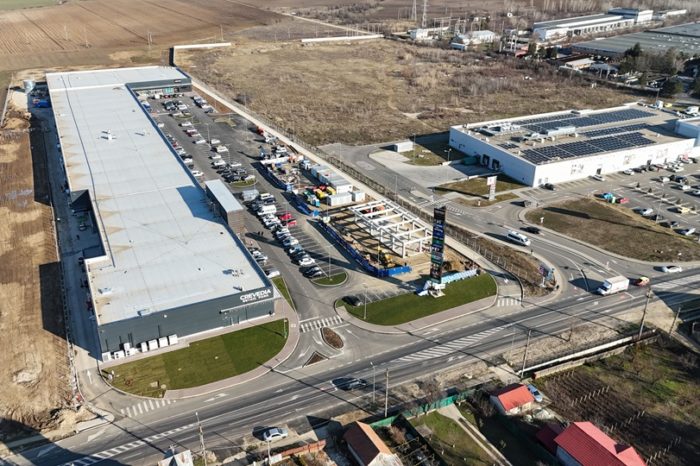Most executives anticipate growth in the global economy, but they remain cautious about macroeconomic volatility: PwC

Almost 60 percent of CEOs around the world expect global economic growth to increase over the next 12 months, with 46 percent aiming to enhance profitability through the integration of generative artificial intelligence (GenAI), according to PwC’s Annual Global CEO Survey, launched during the World Economic Forum Annual Meeting in Davos.
While CEOs are optimistic about the global economy, macroeconomic volatility (29 percent) and inflation (27 percent) nevertheless remain the top risks for the year ahead, as cited by CEOs globally, but with clear differences between regions. Geopolitical conflict is seen as the biggest risk in the Middle East (41 percent) and Central and Eastern Europe (34 percent). In Western Europe, cyber risk (27 percent) is a marginally higher concern than a lack of skilled workers (25 percent) and inflation (24 percent), with macroeconomic volatility topping the list at 29 percent.
“In Romania, business leaders are exhibiting a balanced outlook on the national economy, with approximately 50 percent of respondents anticipating growth this year, while the other half foresee stability or even a decline. The World Bank recently estimated that Romania’s GDP will expand by 2.1 percent this year, falling short of the regional average and below the 2.5 percent growth projected by the Bucharest authorities. Geopolitical conflicts (30 percent) remain the top threat to business in Romania, followed by inflation (23 percent) and labour shortages (23 percent). The economic and business climate in 2025 will be significantly influenced by the government’s solutions to reduce the budget deficit and implement credible fiscal consolidation to maintain the country’s appeal to investors”, said Daniel Anghel, Country Managing Partner PwC Romania.
Business adaptation and reinvention remain on the CEO agenda
Consistent with the last two years, four in ten (42 percent) CEOs believe their company will not be viable beyond the next decade if it continues its current path. Among those who do not expect their companies to last without significant change, 42 percent cite shifts in the regulatory environment as having the biggest influence on their economic viability.
However, CEOs are taking action – across all sectors, almost two-thirds (63 percent) have taken at least one significant action to change how their company creates, delivers and captures value in the last five years. CEOs who have taken more reinvention actions in the last five years report higher profit margins in the last 12 months.
As companies look to reinvent their business models, almost four in ten (38 percent) CEOs say they have begun competing in at least one new sector in the last five years. About one-third (34 percent) note this has represented over 20 percent of company revenue over that period.
However, the pace of reinvention is slow, and a large majority of companies lack agility.
CEOs are optimistic about the potential of GenAI but are looking for stronger results
CEOs are reporting tangible impacts from GenAI. More than half (56 percent) report seeing efficiency gains in their employees’ time over the last 12 months, and one-third saw revenue (32 percent) increases.
However, performance is somewhat below the expectations expressed last year. In 2024, 46 percent said they expected to see profitability improvements. A year later, when we asked whether they had seen those gains, only 34 percent said they had. Trust in AI remains a hurdle to more widespread adoption. Only a third of CEOs said they have a high degree of trust in embedding the technology into key processes in their company.
Despite this, optimism about GenAI’s impacts on profitability is slightly up on last year – with 49 percent of CEOs expecting an increase in the next 12 months. Roughly half (47 percent) expect to integrate AI (including GenAI) into their technology platforms over the next three years, 41 percent plan to integrate it into core business processes and 30 percent have plans for new products and service development.
Business confidence remains consistent with the 2024 figures, and plans for hiring have been revised upwards
CEOs continue to express high confidence in their company’s revenue growth prospects over the next 12 months, with 38 percent of respondents globally indicating this confidence (compared to 37 percent in the 2024 survey). The report also finds that 42 percent expect to increase headcount by 5 percent or more in the next 12 months – more than double the proportion who expect headcount decreases (17 percent), and up from 39 percent last year. The percentage is highest (48 percent) among smaller companies (turnover of less than USD 100 million) and those in the technology (61 percent), real estate (61 percent), private equity (52 percent) and pharma and life sciences (51 percent) sectors.















